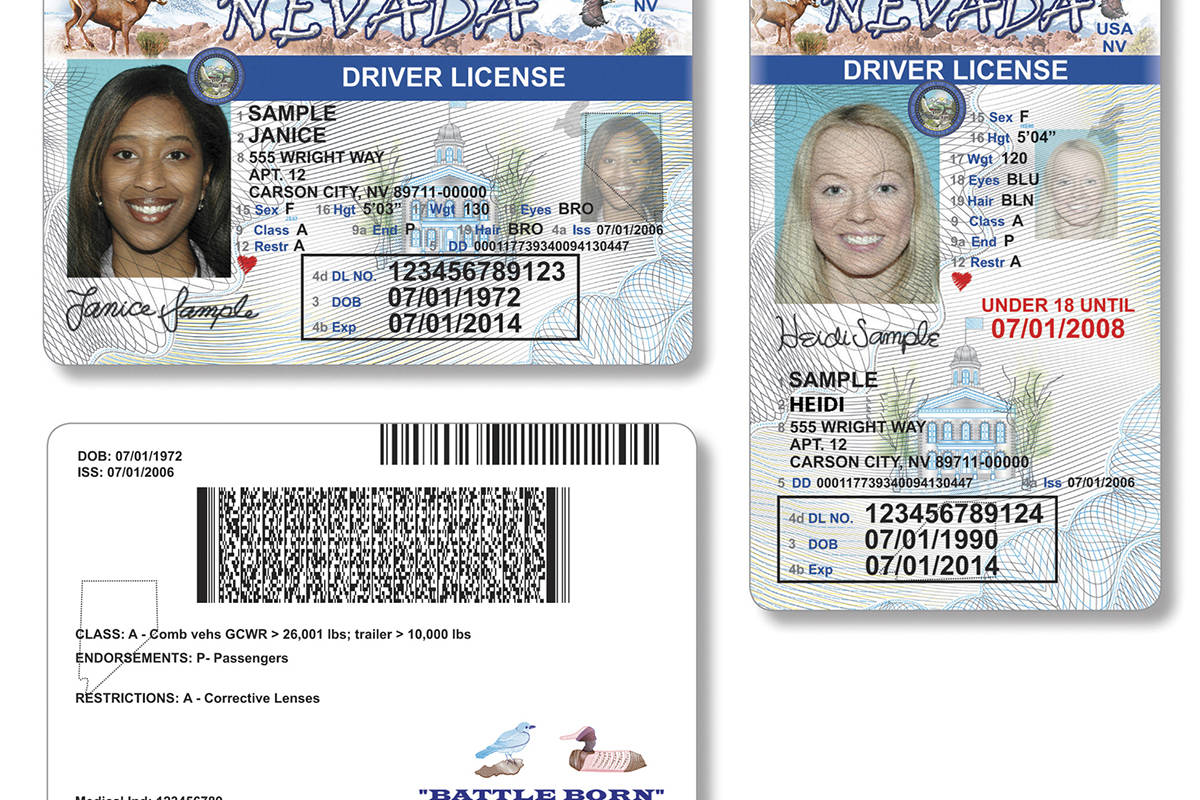Opt-out organ donation bill draws critics

CARSON CITY — A proposal that would make Nevada the first state where applicants for drivers licenses or state ID cards would become organ donors by default got a rough reception in Senate committee Monday amid concerns about perceived government intrusion.
Senate Bill 134, sponsored by Sen. James Ohrenschall, D-Las Vegas, would reverse the current organ donor selection process and require people to opt-out of organ donation. He presented the bill to the Senate Government Affairs committee along with a 30-year-old woman who received a transplanted heart after a freak heart attack in 2017 rendered hers irreparably damaged.
Ashley Biehl, an attorney for the Legal Aid Center of Southern Nevada, noted the opt-out procedure was already in place in 17 European countries and the Canadian province of Nova Scotia. Of those countries, Spain has the highest donation rate in the world, she said.
“By approving an opt-out system, people would still have the freedom to choose not to be a donor,” Biehl said. “This bill has the potential to really truly save many lives.”
A letter of support from the Nevada Osteopathic Medical Association said the change would “greatly increase the number of donations and save untold number of lives.” The group noted that Nevada ranks below the national average with a 41 percent opt-in rate for organ donation. Colorado is the highest, at 69 percent; Texas is the lowest, at 32 percent. The most recent data shows more than 107,000 people on the National Transplant List, including 500 Nevadans; 17 people awaiting a transplant die each day, the group noted.
Ohrenschall said amendments to the bill would preserve the opt-in procedure for those under age 18 and require the Department of Motor Vehicles to display “clearly visible, large font signage” at its offices in multiple languages regarding the new process and include the same on its website.
Skeptical lawmakers, however, asked whether the different system could really solve the state’s lack of organ donors and asked if it could run afoul of those who don’t want to be organ donors, but did not realize they had to choose to opt out.
“We’re gonna get a lot of people who didn’t know that this was in place and they just never thought about it,” said Sen. Scott Hammond, R-Las Vegas, who said he was an organ donor. “What happens if they just glaze over this and the next thing you know, they’re organ donors and didn’t know they’re supposed to be?”
Ohrenschall and Biehl both said there were sufficient safeguards for those who want to opt out. But a representative of the Nevada Donor Network, testifying as neutral on the bill, said the organization feared the change could lead to fewer organ donors.
Dan Musgrove of the lobbying firm Strategies 360, representing the network, said studies showed lower donation rates in those countries that adopted opt-out. He also said it could contradict provisions of the Uniform Anatomical Gift Act and lead to legal challenges.
Musgrove said of Biehl, the heart transplant recipient, “Her heart is in absolutely the right place on wanting to expand organ donation. But we’re just concerned about the unintended consequences.”
Ohrenschall promised additional discussion to work out issues raised about the bill.
Contact Capital Bureau reporter Bill Dentzer at bdentzer@reviewjournal.com. Follow @DentzerNews on Twitter.